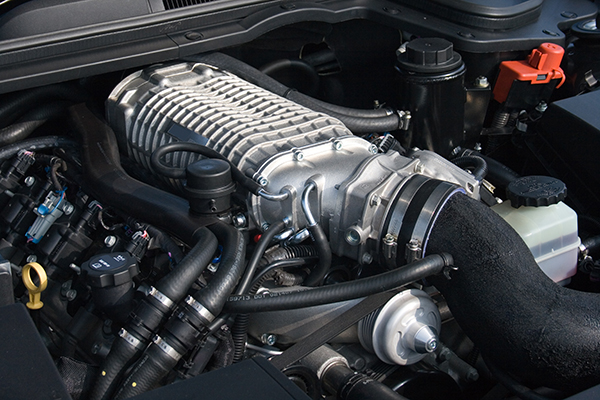
As you turn the key and your car's engine roars to life, there's a balance of intricate movements happening beneath the hood. One crucial player is engine timing. It's not just a technical term for automotive enthusiasts; it's the heartbeat of your vehicle's performance - and an overlooked aspect of the engine functionality.
How Engine Timing Works
At its core, engine timing is the precise synchronization of the opening and closing of the engine's valves with the movement of the pistons. This is controlled by the timing belt or chain, which connects the crankshaft and the camshaft. As the crankshaft rotates, the timing belt or chain ensures that the camshaft turns at the right speed, dictating when the valves open and close. This intricate coordination ensures that fuel is injected and exhaust gasses are expelled at the optimal moments in the engine's four-stroke cycle – intake, compression, power, and exhaust.
Fuel, Air, and Spark
Engine timing is not just about moving parts. During the intake stroke, the intake valve opens, allowing a precise amount of air and fuel into the combustion chamber. The valve then closes, and as the piston compresses the mixture, the spark plug ignites it during the power stroke. Finally, the exhaust valve opens to expel the burned gasses during the exhaust stroke. This balance ensures that the engine operates efficiently, maximizing power and minimizing emissions.
Why Engine Timing Matters
If the timing is off, even by a fraction, it can lead to a host of issues. Misalignment can result in poor engine performance, reduced fuel efficiency, and increased emissions. In severe cases, it can cause damage to the engine components, leading to costly repairs. Engine timing is not just a technicality; it's a precision-driven necessity for the longevity and optimal function of your vehicle.
Timing Belt vs. Timing Chain
While belts are made of rubber and require periodic replacement, chains are metal and generally last longer. The choice between the two depends on your vehicle's design. Regardless of the material, their role remains the same – maintaining the perfect harmony of engine timing.
As with any other component, timing belts and chains need maintenance. Marc Yount's Tire Pros is one phone call away from helping out and giving your vehicle a little makeover!